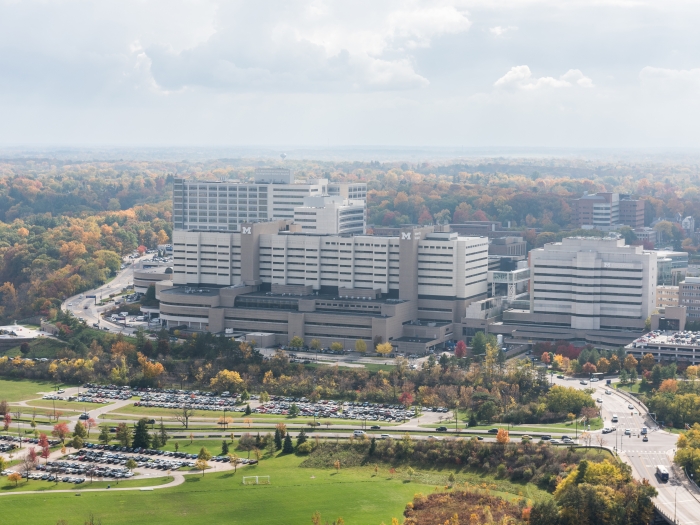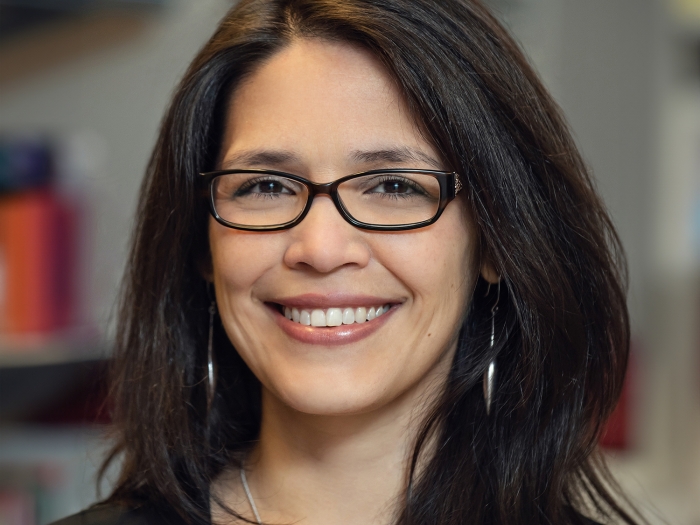"It was my first time sitting in a classroom at the University of Michigan. I realized that these people were not just showing us how to become doctors – they really wanted us to become the doctors of tomorrow." Theo Chillis recounts his experience in the Doctors of Tomorrow (DoT) program as a freshman at Cass Technical High School in Detroit.
Fast forward four years, and Theo is a freshman again – here at the University of Michigan. Theo and his classmates were the first cohort of DoT students to graduate, and as they grew as students and as people – through the rites of passage of summer jobs, drivers' licenses, and college applications – DoT grew with them.
What is DoT?
DoT was founded in 2012 with the aim to increase diversity among medical students and physicians by inspiring and enabling youth from underrepresented communities to pursue careers in medicine.
Doctors of Tomorrow 9th grade students 2016-17
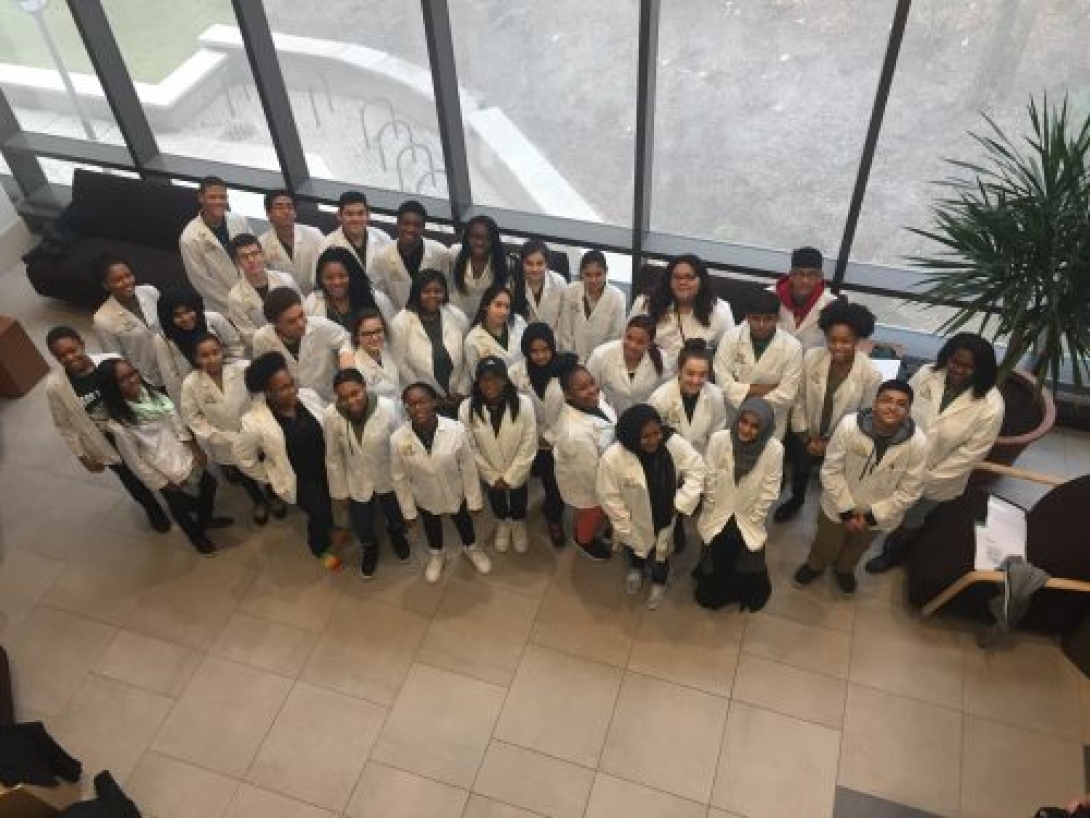
The 9th grade program has grown into a unique opportunity for both Cass Tech students and their first-year medical student mentors. The summer internship program, started in 2014, provides additional opportunities for students to engage in an 8-week immersive experience with community based organizations in Detroit during the summer following their 9th grade year. This year, seven students will have paid opportunities to work at various organizations in their community, including Artesian Farms, Neighborhood Service Organization, Project Healthy Communities, American Indian Health and Family Services, and an additional research internship this year at the Wayne State School of Medicine The Brain Imaging Research Division (BRAIN).
Quick Reference: Doctors of Tomorrow (DoT) has three different mentorship programs:
- DoT: for 9th grade students at Cass Tech
- DoT Rising: for 10-12th grade students at Cass Tech
- Dot Succeed: for undergraduates at the University of Michigan
For upperclassmen in high school, choosing a path can be difficult among the stresses of college applications, AP exams, and ever-increasing peer influences. The critical need to continue to engage students beyond their freshman year of high school became clear. DoT Rising, launched in 2015, gave students continued mentorship opportunities and exposure to the medical field through after-school clinical skills sessions, as well as leadership opportunities and professional development. Last spring, DoT was proud to see all 15 students from our very first cohort matriculate to universities across the nation. As Wolverines, we were ecstatic that eight of these students chose to attend the University of Michigan!
Mentor undergraduate students, you say? Good luck!
If you've ever worked with freshman in college, you'll know that planned activities and heaps of required events really don't fly. Still, students in their first year of freedom from their parents' nest often need older students to look up to and give them the occasional nudge. And who better to advise us how to create an effective mentorship program for college students than a college student herself? DoT is indebted to one exceptional Cass Tech alumnus, Antara Afrin, for her vision and grit in helping to create DoT Succeed, the undergraduate chapter of DoT.
Antara, a graduating senior at UMich, with a proud Dr. Jonathan Finks
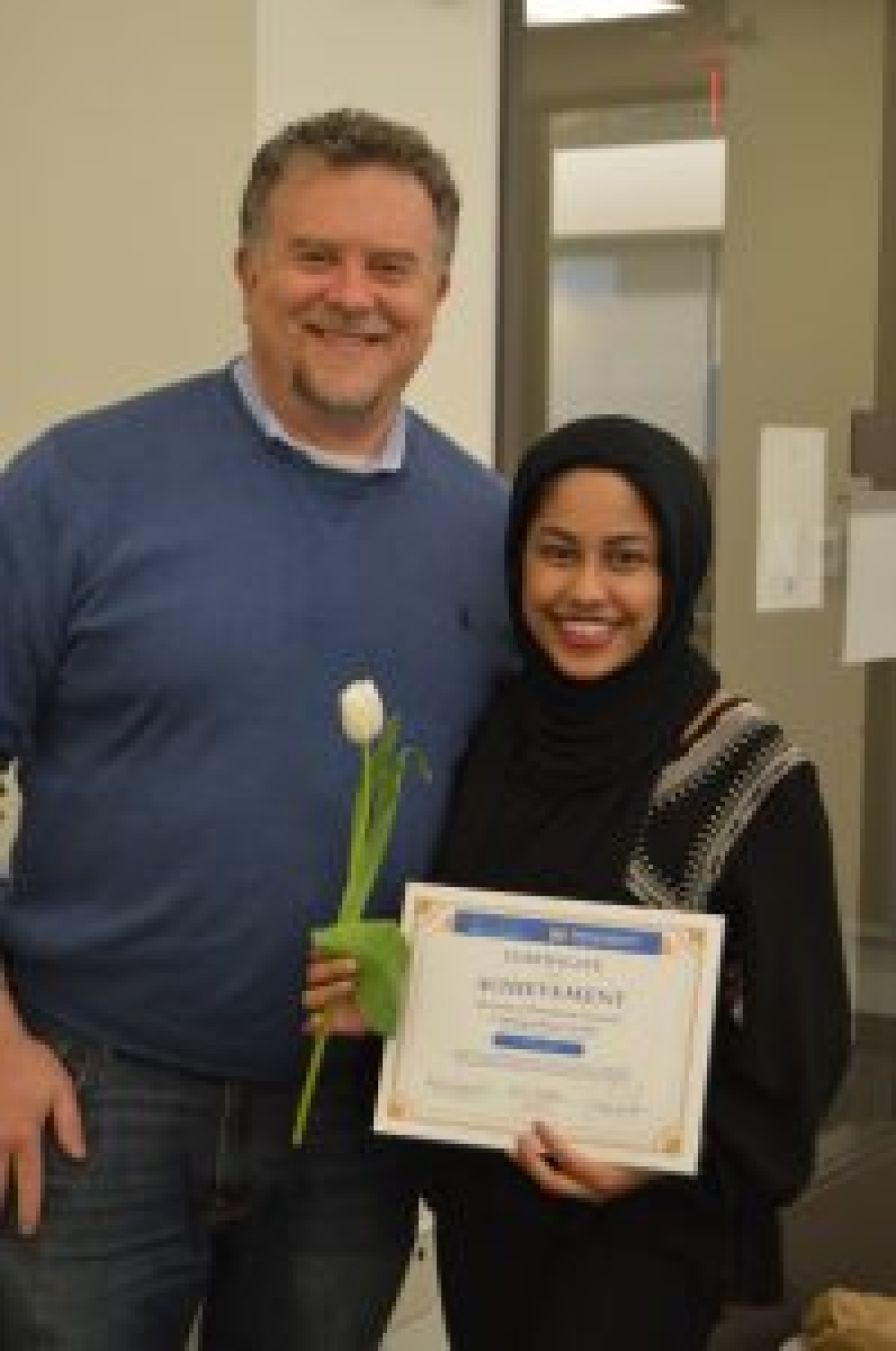
Antara often speaks to the role that DoT, and our founder, Dr. Jonathan Finks, have played in her life. She says, "As a first-generation Bangladeshi-American student, I have personally realized how scary undergraduate can be; however, it is so much easier when people like Dr. Finks are supportive of you. I have known Dr. Finks for five years now, and it's just incredible how much he invests into making sure I am able to pursue the goals I have set for myself." During her time at Michigan, Antara was able to devote her time and talents back to her alma mater, in mentoring younger students. She chats about a valuable mentoring relationship she shared with Rico, a 12th grade student at Cass, that "was never planned – it just developed." Rico will be attending the University of Michigan this fall. DoT Succeed, similarly, formed organically in 2016 in response to the need to follow up with our students as they navigated the unfamiliar landscape of the university.
How did the first year go?
New projects have unique challenges, but also provide a unique sense of satisfaction. My classmate, Sarah, and I were given the opportunity to lead DoT Succeed in mid-January, in a time that didn't coincide with any particular transition in the undergraduate calendar. Additionally, we assumed this role amid responsibilities to coordinate DoT Rising events, the summer internship program, and our previous DoT roles as a Capstone Leader and a mentor. Clearly, we had a lot to juggle as we worked to be strong leaders for our undergraduate students.
DoT Succeed students enjoying a mentorship dinner with Dr. Finks
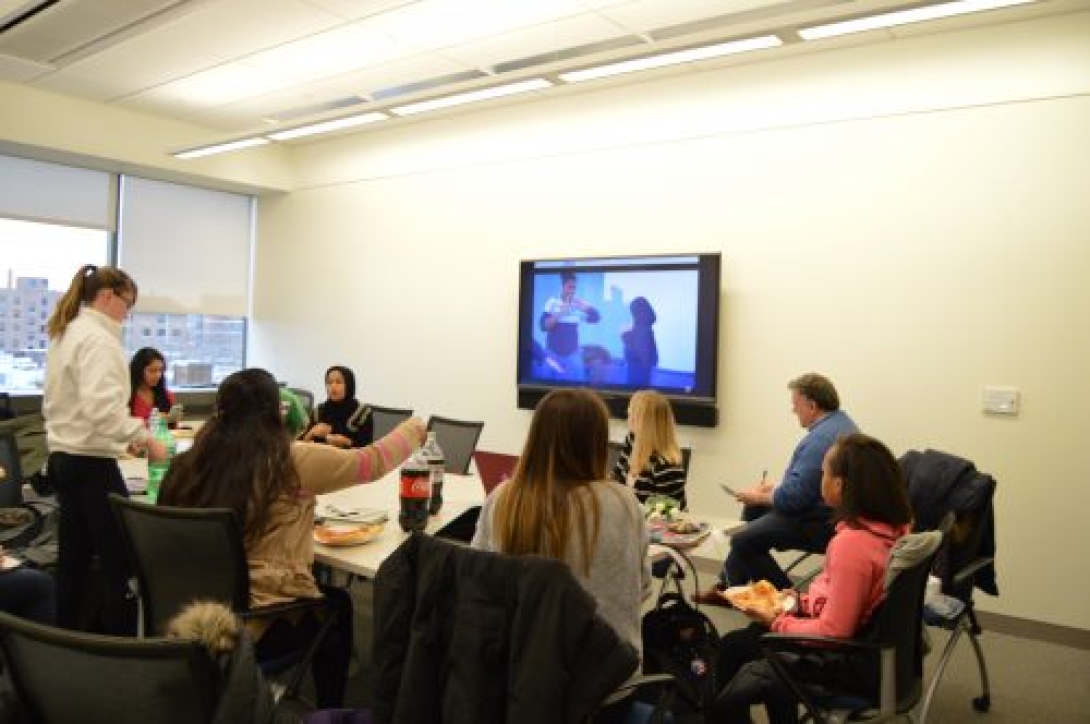
During the first year of DoT Succeed, we relied heavily on the expertise of our senior medical students, and the experiences of Antara and her peers. DoT Succeed became an opportunity for our undergraduate students to come together with medical students to discuss real-life problems that they face, like stress, time-management, and how to grapple with this buzzword that people use called "networking." Theo (whose quote we included at the top) says, "Connecting with the medical school students has been impactful for me, because I can ask questions and figure out how the experience of medical school is at the different year levels." More than an opportunity to commiserate about shared stresses, mentorship sessions have been a way to discuss tangible solutions to our undergraduate students' most pressing problems over casual dinners.
How are these students giving back to their alma mater?
Theo leading a clinical skills session for DoT Rising students in January 2017
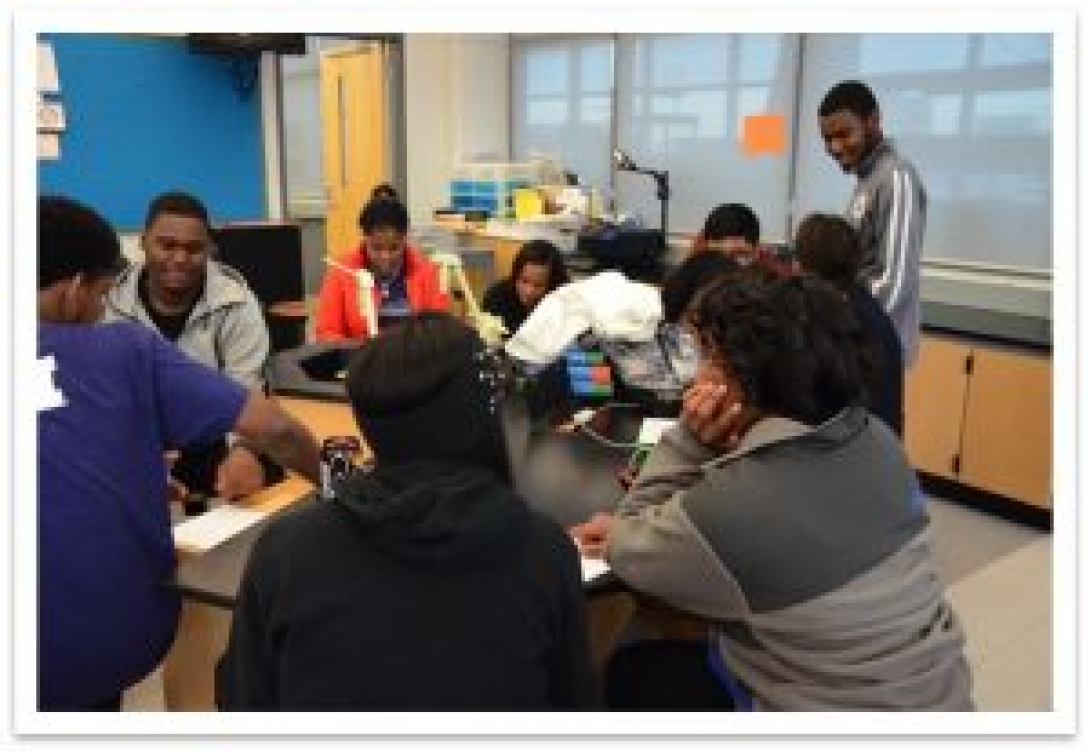
I'm glad you asked! One of the most rewarding parts of DoT Succeed is being able to give back to Cass Tech. With training from their medical student mentors, they have taken the initiative to run after-school sessions for DoT Rising students. In one clinical skills night in January, they provided the Cass Tech high school students an introduction to clinical problem solving – even reading X-Rays and EKGs! This year, our final event will be leading a Saturday visit at the University of Michigan for DoT Rising students and their families. DoT Succeed students have been proactive in planning a campus tour for the group, and their vibrant personalities are sure to make the day amusing for all of us.
What's in the cards for the future?
DoT Succeed has so many opportunities for growth and directions to expand in. For next year, we are looking forward to giving our undergraduate students – like Theo, who we've recently selected as our undergraduate leader! – more freedom in tailoring events to their needs. We know they will continue to amaze us, and we hope to continue to foster their growth. Eventually, we hope to welcome them as students at the University of Michigan Medical School!
How can I get involved?
For incoming students, we encourage you to sign up to be a mentor for our next class of DoT 9th graders! For the rest, you can support our mission financially at https://leadersandbest.umich.edu/find/#!/search?keyword=doctors%20of%20tomorrow - every dollar counts!
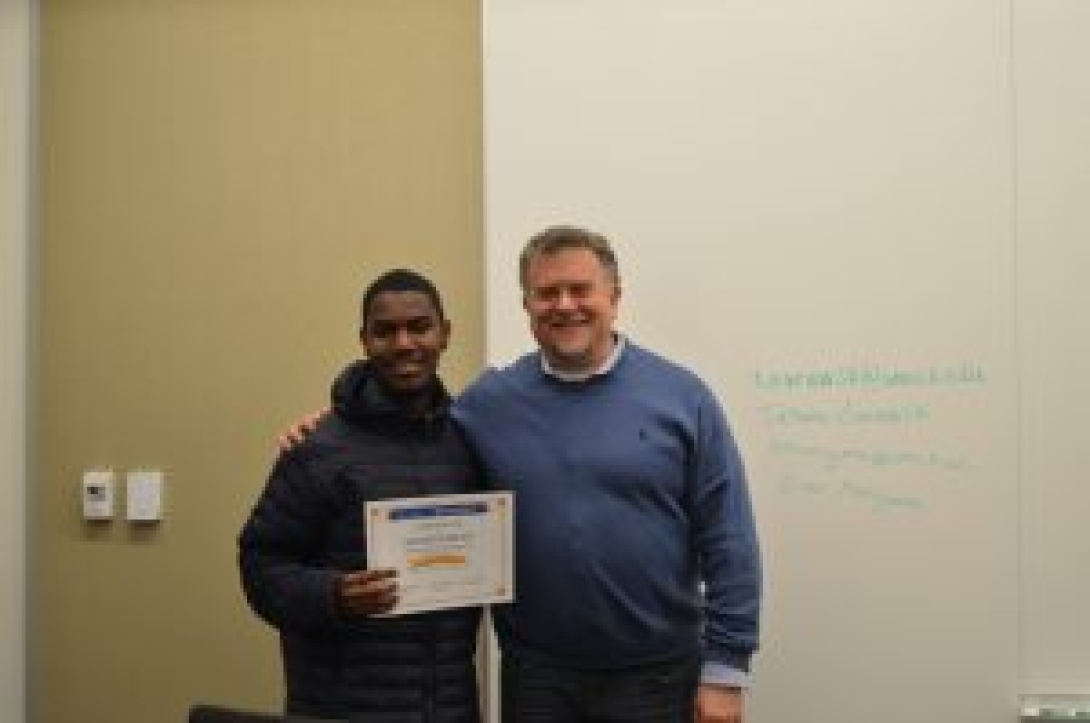

Department of Communication at Michigan Medicine
Want top health & research news weekly? Sign up for Health Lab’s newsletters today!
